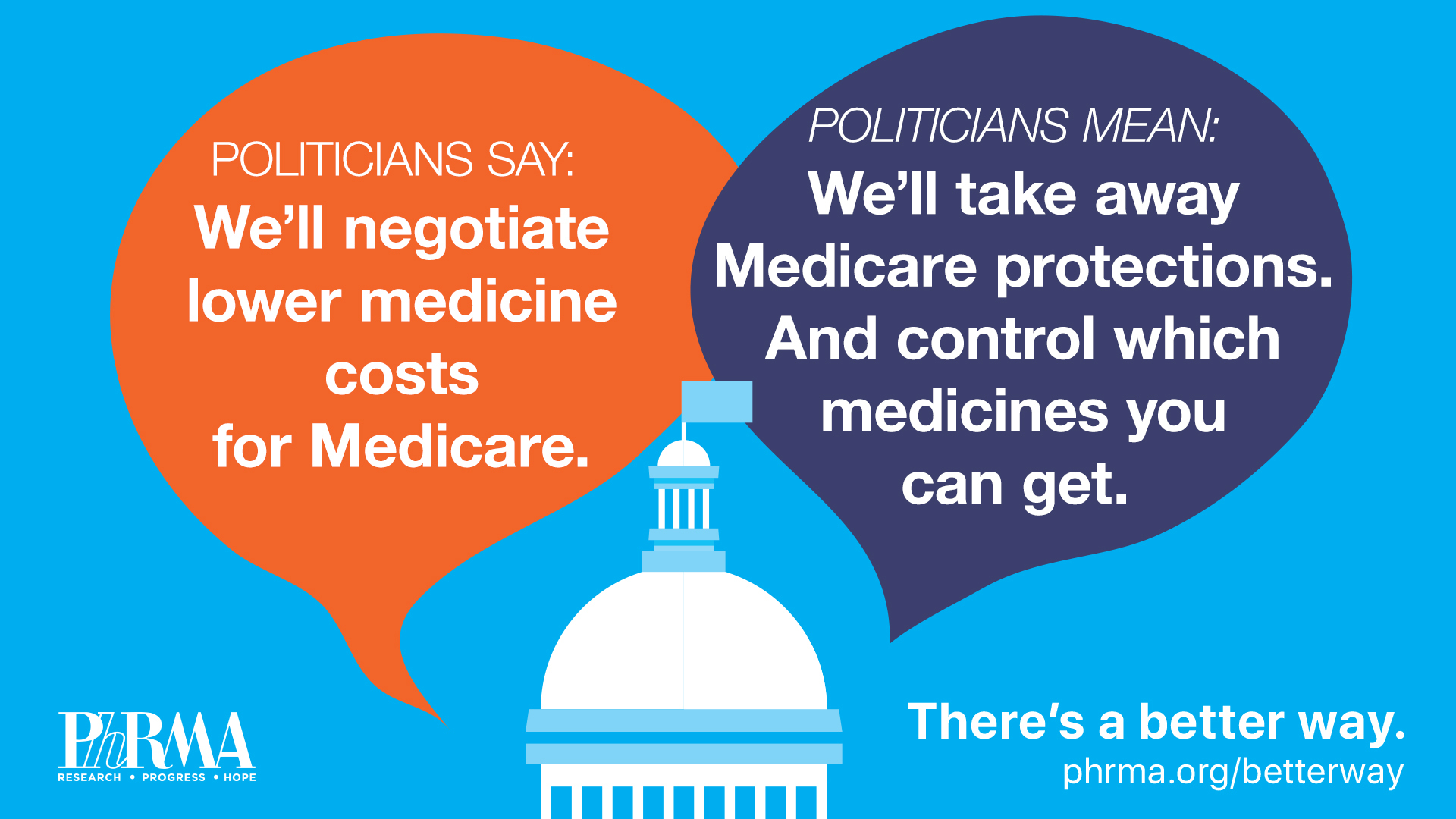| |
| |
| |
| Presented By PhRMA |
| |
| Axios Vitals |
| By Tina Reed ·Aug 12, 2021 |
| Welcome Vitals readers. Today's newsletter is 807 words, or a 3-minute read. Situational awareness: CMS administrator Chiquita Brooks-LaSure will be speaking with Health Affairs editor-in-chief Alan Weil this afternoon. |
| |
| |
| 1 big thing: Waning vaccine efficacy |
 |
|
| Illustration: Shoshana Gordon/Axios |
| |
| The Biden administration is intensely scrutinizing coronavirus vaccines' effectiveness over time, facing the daunting task of timing booster shots right while still convincing the unvaccinated that getting the jab is worthwhile, Axios' Caitlin Owens and Sam Baker report. The big picture: The vaccines still work incredibly well at protecting against severe disease and death, meaning the benefits of getting vaccinated are immense. - But it's less clear how well they're working at preventing infection, which has huge public health implications with so many Americans still unvaccinated.
- The mounting evidence of waning efficacy adds new urgency to the debate in the U.S. about boosters, but that debate is hamstrung by a severe lack of clear data from the CDC.
"I think everybody believes this wanes over time, the question is to what extent," a senior Biden official said. "Nobody wants to be behind the eight-ball here. We want to catch it before there's an issue, and that's why there is very intense scrutiny." The big question: If the vaccines are losing some of their punch against mild infections now, will they eventually become less effective against severe disease? - "There's very intense scrutiny on whether there is waning against hospitalization," the senior Biden official said.
- That hasn't happened yet — every study continues to show that vaccinated people have near-total protection from death and hospitalization.
- But neither the administration nor vaccine manufacturers want to take any chances.
The bottom line: "The vaccines are still having a positive impact. But we're painting this train as it goes 180 miles an hour," said Michael Osterholm, director of the Center for Infectious Disease Research and Policy. Go deeper. |
    |
| |
| |
| 2. FDA expected to OK boosters today |
| The FDA is working to amend the emergency use authorizations for Pfizer and Moderna's vaccines today to allow for a third dose for immunocompromised people, a source familiar with the discussions told Caitlin. - An outside advisory committee is meeting Friday to discuss and make recommendations on the boosters.
- That includes laying out the health conditions that will allow immunocompromised people to qualify for the boosters.
|
    |
| |
| |
| 3. No Aduhelm for vets |
| The Department of Veterans Affairs won't cover Aduhelm, the $56,000-per-year Alzheimer's drug made by Biogen and Eisai, Axios' Bob Herman writes. Why it matters: Some hospitals and health insurers have said they will not provide or cover Aduhelm, but the VA is the largest entity yet to spurn the drug. - First reported by Endpoints News, VA officials said the decision was due to the drug's "lack of evidence of a robust and meaningful clinical benefit and the known safety signal."
- The VA will make exceptions for "highly selected patients," STAT reports.
- Medicare's coverage decision is the most important, but that won't come until next year.
|
    |
| |
| |
| A message from PhRMA |
| People want choice and access to medicines in Medicare – not barriers |
| |
 |
| |
| In Washington, what politicians say and what they mean can be very different.
To save money, some politicians are willing to sacrifice access to medicines in Medicare. This could make it harder for seniors and those with a disability to get the medicines they need. There's a better way. |
| |
| |
| 4. 1 big stat: 111% |
| Medicare Advantage insurer Clover Health said its medical loss ratio in the second quarter was 111%, meaning for every dollar it received from the federal government, it had to pay out $1.11 in medical claims. - Not exactly sustainable, Bob writes.
Between the lines: Health insurers like UnitedHealthcare and CVS' Aetna have been reporting higher MLRs, as people who deferred care due to COVID returned to doctors in droves. - That effect appears to be even bigger for small insurers.
|
    |
| |
| |
| 5. Colonoscopies reveal higher-priced hospitals |
 |
|
| Illustration: Aïda Amer/Axios |
| |
| The price of a colonoscopy tops $5,000 on average at some of the priciest hospitals, compared to about $1,700 on average elsewhere in America, according to a new study published in Health Affairs. What they're saying: "High service prices result in high out-of-pocket expenditure for commercially insured patients, especially those enrolled in high-deductible health plans, and raise health plan premiums for the beneficiaries," the researchers wrote. Details: Using the price transparency database compiled by Turquoise Health, researchers from Michigan State University and Johns Hopkins found only about a quarter of the nation's general acute care hospitals — 1,225 in all — disclosed commercial negotiated prices for colonoscopies as of July 2021. - Among that group, the top 10% of hospitals had prices of at least $3,677. That's about 4.6 times the national average Medicare reimbursement rate of $793.
- At the highest-price hospital, a colonoscopy cost $27,679.
- Among the remaining 90% of hospitals, or 1,103, the median commercial negotiated price for a colonoscopy ranged from $44 to $3,676.
|
    |
| |
| |
| 6. Quote of the day |
 |
|
| Jen Psaki. Photo: Alex Wong/Getty Images. |
| |
| "Our war is not on DeSantis. It's on the virus, which we are trying to kneecap and he does not seem to want to participate in that effort to kneecap the virus. Hence our concern." — White House press secretary Jen Psaki during a press briefing in response to a question about the recent New York Post article Team Biden's war on DeSantis is all about kneecapping a successful GOP governor. |
    |
| |
| |
| 7. Catch up quick |
 |
|
| Illustration: Aïda Amer/Axios |
| |
| President Biden urged business leaders to require COVID-19 vaccines for workers. (Wall Street Journal) The University of Mississippi Medical Center is converting part of a parking garage into a field hospital as COVID patients fill the state's beds. (Medscape) The CDC is urging pregnant women to get vaccinated against COVID-19. (Axios) |
    |
| |
| |
| A message from PhRMA |
| People want choice and access to medicines in Medicare – not barriers |
| |
 |
| |
| In Washington, what politicians say and what they mean can be very different.
To save money, some politicians are willing to sacrifice access to medicines in Medicare. This could make it harder for seniors and those with a disability to get the medicines they need. There's a better way. |
| |
 | | It'll help you deliver employee communications more effectively. | | |
No comments:
Post a Comment